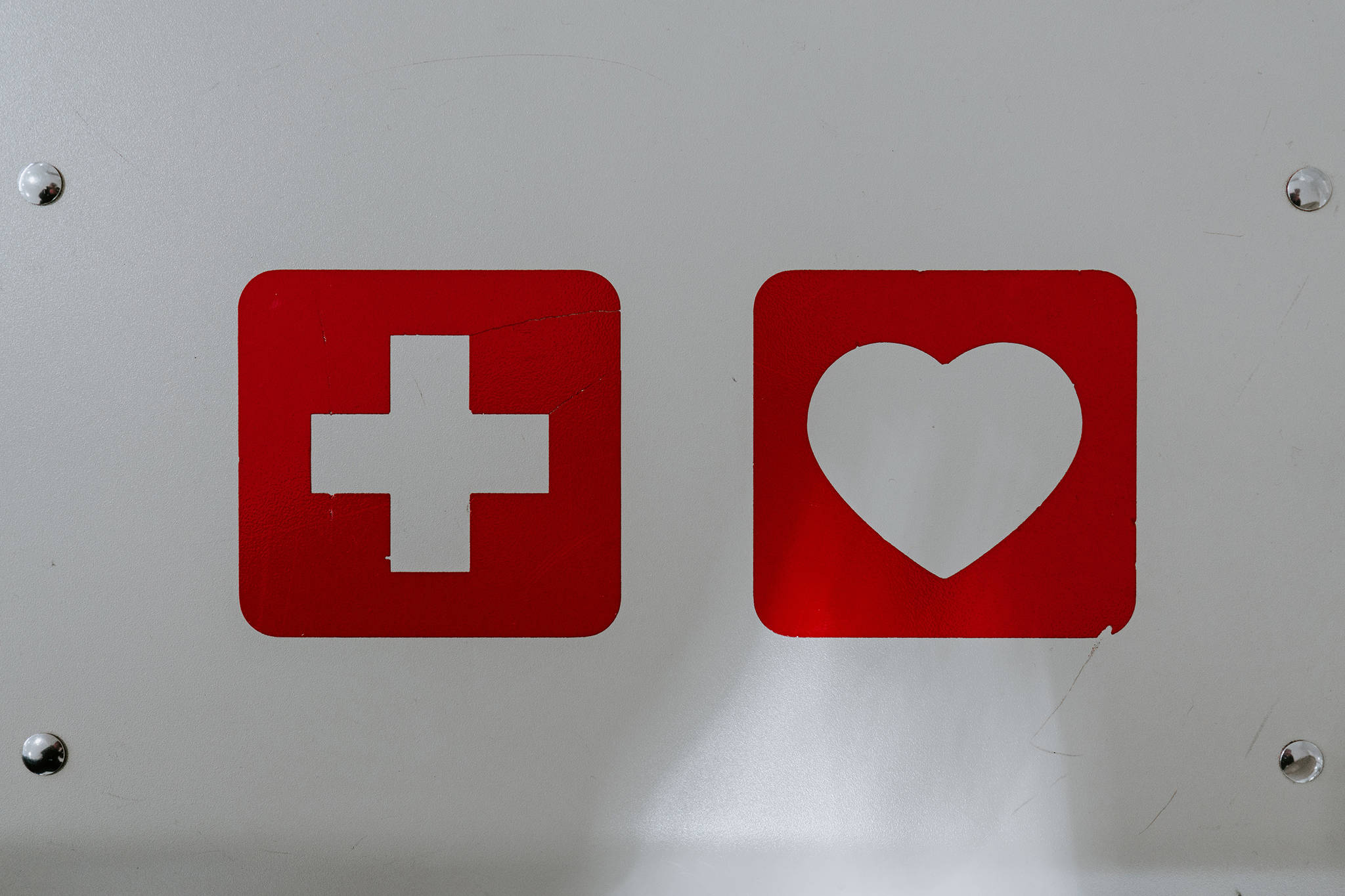Imagine being financially responsible for the place you live in, expected to provide regular upkeep for it and learn how to juggle other life expenses and experiences at the same time. This sounds like the average struggle of those living in America. Now imagine doing all this and not having full access to your home and the entities within it. This is the scenario many Natives in Juneau, Alaska are facing when it comes to their health care system. Health care costs in this area of the United States are among the highest in the nation. Access to benefits differentiates significantly between the diverse racial minorities found within this particular region. There is a dire need to address and take action to close the health care gap that is evident within this community.
Two issues are highlighted here. The first is the general cost of health care in the community of Juneau, and the second is how different racial minorities are being affected disproportionately. Juneau’s health care services are extraordinarily expensive. According to the Alaska Department of Labor, the average cost of an eye exam in the United States is $104.72, in comparison for Juneau with the average cost of an eye exam being $232. Health care in Juneau costs 51.5% more than the U.S. average for professional households in 2019. In fact, Juneau is the second-highest of all the cities highlighted. For the time period, 2009 through 2018, Medical care costs in urban Alaska rose more rapidly than the U.S. average showing that this disparity is getting worse, not better. Juneau’s health cost is the second-highest in the country. Lastly, insurance through the Affordable Care Act costs $696 a month for a 40-year-old, nonsmoker which is the fourth-highest in the country.
All over the United States, many different categories are always compared to white vs. minority, and Alaska Natives/American Indians are no exception. In fact, from birth, Alaskan mothers were over 17% more likely to receive inadequate prenatal health care, Alaskan Natives have higher suicide rates is the heartbreaking picture astho.org painted for us. Furthermore, Alaska Natives/American Indians have an average lifespan of 5.5 years less than all other races in the U.S. The Indian Health Service’s fact sheet continued to inform us that in the following causes Alaska Natives/American Indians have higher mortality rates: heart disease, cancer, unintentional injuries, diabetes, alcohol-induces, strokes, influenza and pneumonia, drug-induced, kidney disease, homicide and overall Alaskan Natives/American Indians have a higher rate of dying of all causes. The racial disparities that exist in health outcomes for Alaska Natives/American Indians are clear as day.
The health care gap is furthering the negative impacts that minorities in Juneau face on a daily basis. To decrease disparities, the health care system needs to be re-designed with the intent of inclusivity rather than economic-based entitlement. Not only can’t the majority of the Native population afford to keep up with health care plans, but additionally face discrimination that prevents them from using the benefits they do have access to. Awareness of this divide is imperative and action needs to be taken immediately.
As future social workers, our objective is to raise awareness regarding the significant health gap affecting the lives of Alaska residents, as well as the Alaska Native population being affected disproportionately.
• Kristen Sasse is currently studying in the Masters of Social Work program offered through the University of Southern California. Sasse received her undergraduate degree in mental health and human services from California State University of Fullerton. She was born in Napa, California, and primarily raised in Orange County, California. Nikisha Chapman is currently in the Master of Social Work degree program at the University of Southern California within the Social Change and Innovation Department with a military social work track. She received her undergraduate degree in criminal justice from Boise State University. Nikisha relocated to Nampa, Idaho, from King County, Washington, in 2015.

